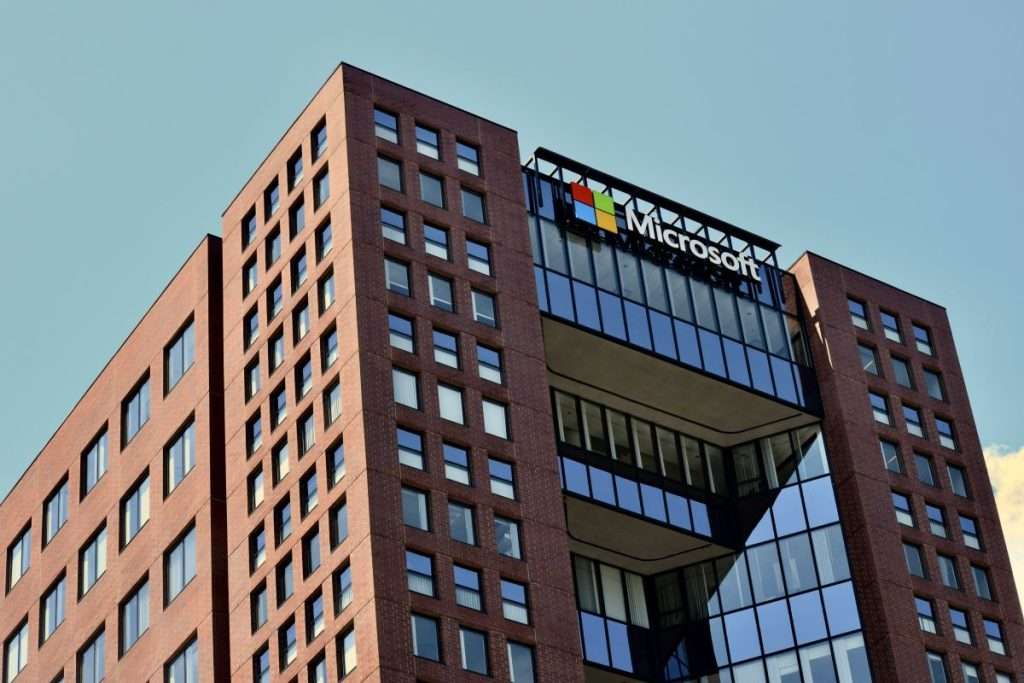Microsoft has announced the formation of a specialized team to address its Scope 3 emissions, which are emissions generated upstream before products are purchased or acquired by the company. The team comprises Sofia Khan, a former Net Zero lead for Meta and sustainability manager at Quantis; Tim Hopper, a Microsoft veteran with over two decades of experience in sustainability efforts; and Ray Waweru, former lead for sustainable procurement at Google and responsible sourcing manager at WeWork. The team’s formation is part of Microsoft’s strategy to manage emissions from its rapidly expanding data center footprint.
The Challenge of Scope 3 Emissions
Scope 3 emissions account for over 96% of Microsoft’s total emissions output. Despite successful reductions in Scope 1 and 2 emissions, the company’s overall emissions have increased by 29.1% from the 2020 baseline, primarily due to the construction of more data centers and the associated embodied carbon in building materials and hardware components. Microsoft aims to reduce its Scope 3 emissions by more than half by 2030, compared to 2020 levels. However, a recent report revealed a 30% increase in these emissions since 2020, highlighting the urgency of the issue.
Microsoft’s Sustainability Efforts
Despite the challenges with Scope 3 emissions, Microsoft has made significant progress in several areas of its sustainability efforts. These include reducing direct operational emissions (Scope 1 and 2), accelerating carbon removal, designing for circularity to minimize waste and reusing cloud hardware, and improving biodiversity and land protection. The company has also launched a company-wide initiative to discover and implement measures to tackle Scope 3 emissions, including a policy to encourage key suppliers to use 100% carbon-free electricity.







